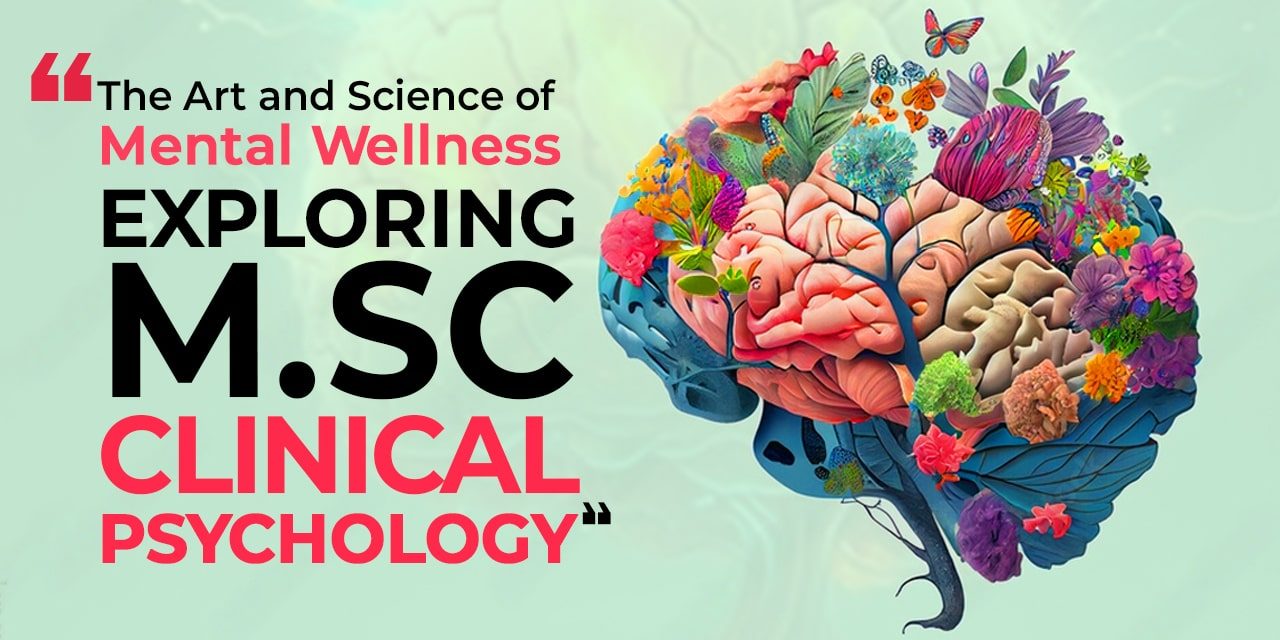Effective Strategies for Mental Barrier Breakthroughs
Effective Strategies for Mental Barrier Breakthroughs
Understanding Mental Barriers in Fitness
Embarking on a fitness journey often involves facing mental barriers that can hinder progress. These barriers can manifest as self-doubt, fear of failure, or negative self-talk, making it challenging to stay motivated and committed to fitness goals.
Identifying Your Personal Mental Blocks
The first step in overcoming mental barriers is identifying and acknowledging your personal challenges. Reflect on what thoughts or beliefs hold you back from achieving your fitness goals. Are you afraid of pushing your limits? Do you doubt your abilities? Understanding these barriers is crucial for developing effective strategies to overcome them.
Cultivating a Positive Mindset
Cultivating a positive mindset is essential for breaking through mental barriers in fitness. Focus on replacing negative self-talk with positive affirmations and beliefs. Visualize yourself succeeding in your fitness endeavors and remind yourself of past achievements to boost confidence and motivation.
Setting Realistic and Attainable Goals
Setting realistic and attainable goals is key to overcoming mental barriers. Break down your long-term fitness goals into smaller, manageable steps. Celebrate each milestone along the way, no matter how small, to build momentum and confidence in your abilities.
Practicing Self-Compassion
Practicing self-compassion is crucial when facing mental barriers in fitness. Be kind to yourself and acknowledge that setbacks and challenges are a natural part of the journey. Instead of being self-critical, focus on learning and growing from experiences, and use them as opportunities for improvement.
Seeking Support and Accountability
Seeking support and accountability can significantly aid in overcoming mental barriers. Surround yourself with positive and supportive individuals who encourage and motivate you. Consider working with a fitness coach or joining a community to stay accountable and receive guidance when needed.
Staying Consistent and Persistent
Consistency and persistence are essential for breaking through mental barriers in fitness. Stay committed to your goals, even when faced with challenges or setbacks. Develop a consistent workout routine and mindset practices to reinforce positive habits and overcome obstacles.
Practicing Mindfulness and Stress Management
Practicing mindfulness and stress management techniques can help alleviate mental barriers. Incorporate relaxation exercises, such as deep breathing, meditation, or yoga, into your routine to reduce stress and improve mental clarity. Being mindful of your thoughts and emotions can also help you stay focused and resilient.
Celebrating Progress and Successes
Celebrating progress and successes along the way is vital for boosting motivation and confidence. Acknowledge and celebrate your achievements, no matter how small, to reinforce positive behavior and mindset. Use these moments of success as fuel to keep pushing forward and breaking through barriers.
Embracing Growth Mindset
Embracing a growth mindset is key to overcoming mental barriers and achieving lasting fitness success. View challenges and setbacks as opportunities for growth and learning. Stay open to new experiences, feedback, and strategies, and continuously seek ways to improve and evolve on your fitness journey. Read more about Tips for overcoming mental barriers in fitness












